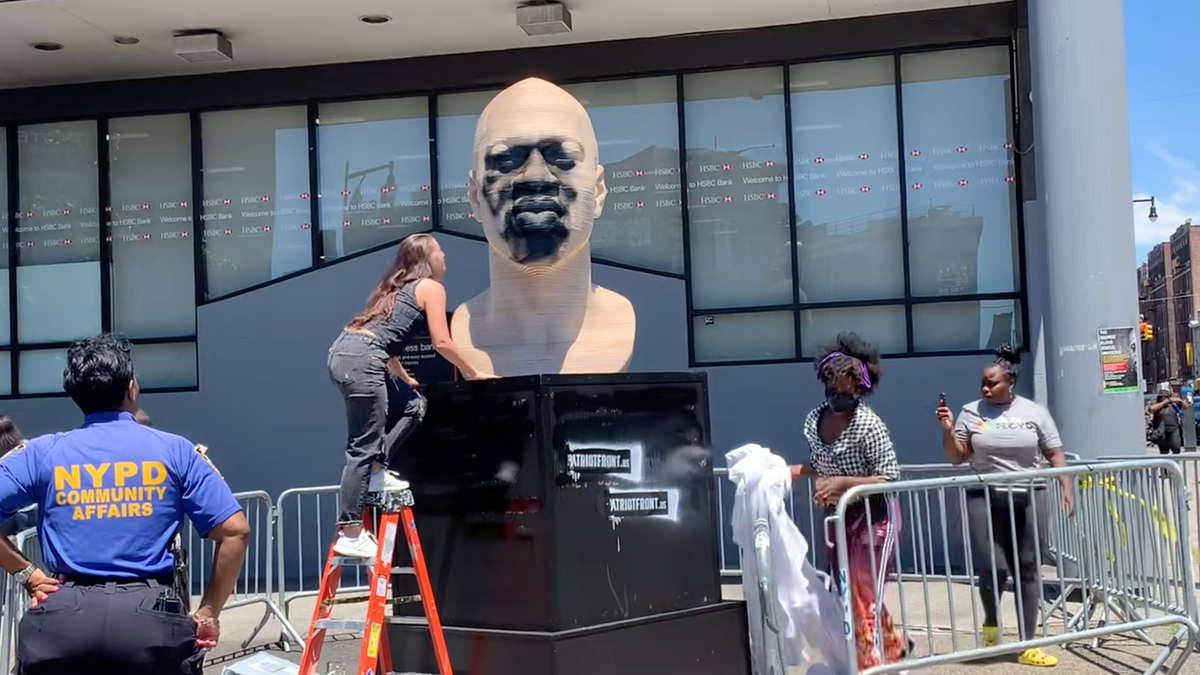What Is Political History and How to Use It
In the realm of historical studies, political history plays a crucial role in understanding the development and dynamics of political systems and institutions. Political history delves into the intricacies of governance, ideologies, leadership, and societal movements that have shaped nations and societies throughout time. This article will explore what political history entails, its significance, and how it can be effectively utilized.
Defining Political History
Political history is the study of past political events, structures, and processes. It examines the actions and decisions of political actors, ranging from influential leaders to grassroots movements, and their impact on shaping societies and governance systems. By examining historical contexts, political history seeks to shed light on the motivations, conflicts, and consequences of political actions.
Importance of Political History
Understanding political history is crucial for comprehending the present state of political affairs. It provides valuable insights into the origins of political ideologies, the evolution of governing systems, and the struggles for power. By grasping the historical underpinnings, we can gain a deeper understanding of societal values, the functioning of institutions, and the mechanisms of policy formulation.
Studying Political History
To delve into political history, researchers rely on both primary and secondary sources. Primary sources include firsthand accounts, official documents, speeches, and contemporary records. These sources provide direct access to the thoughts, intentions, and actions of political figures. Secondary sources, such as scholarly articles and books, analyze and interpret primary sources, offering a broader perspective on historical events.
Analyzing Political History
Political history analysis involves examining various aspects of political systems and movements.
Analyzing political history involves examining past political events, processes, and actors to understand their causes, dynamics, and consequences. It requires a critical and systematic approach to interpret historical data, evaluate different sources, and draw meaningful conclusions. Here are some key steps involved in analyzing political history:
Identify the research question: Clearly define the specific aspect or problem within political history that you want to explore. This will guide your analysis and provide focus to your research.
Gather primary and secondary sources: Collect relevant primary sources such as documents, speeches, letters, and official records from the time period under study. Additionally, consult secondary sources such as scholarly articles, books, and historical analyses written by experts in the field. This combination of sources allows you to examine both firsthand accounts and subsequent interpretations.
Contextualize the events: Situate the political events within their broader historical, social, economic, and cultural context. Understanding the context helps you grasp the motivations, influences, and constraints that shaped political actions and decisions.
Analyze primary sources: Carefully examine the primary sources, looking for patterns, contradictions, and underlying motivations. Consider the biases, perspectives, and intentions of the individuals involved in producing the sources. Compare and cross-reference multiple sources to corroborate information and gain a more comprehensive understanding.
Political Ideologies and Movements
Political history explores the development and impact of ideologies and movements, such as liberalism, conservatism, socialism, feminism, and nationalism. It delves into the origins of these ideologies, the key figures involved, and the social and political changes they brought about.
Leadership and Political Systems
By studying political history, we can gain insights into different leadership styles and the impact of leaders on their societies. It helps us understand the successes, failures, and lasting legacies of leaders like Winston Churchill, Nelson Mandela, or Mahatma Gandhi. Moreover, political history analyzes the rise and fall of various political systems, such as democracy, monarchy, communism, and fascism.
Applying Political History
Political history has practical applications that extend beyond academic research.Of course! How would you like to apply political history? Are you looking for historical examples to understand current political events, or do you have a specific project or research topic in mind? Please provide more details so I can assist you better.
Understanding Present-Day Politics
By analyzing political history, we can make informed assessments of contemporary political systems, ideologies, and conflicts. It allows us to identify recurring patterns, understand power dynamics, and predict potential outcomes based on historical precedents.
Policy Formulation and Decision Making
Political history provides policymakers with valuable lessons from the past. It offers insights into the effectiveness of different policies, the consequences of specific decisions, and the complexities of implementing change. Decision-makers can draw upon historical knowledge to shape policies that align with societal needs and avoid repeating past mistakes.
Enhancing Civic Participation
Political history helps citizens understand the historical struggles and achievements that have shaped their societies. It encourages active civic participation by fostering a sense of shared responsibility and promoting informed discussions about political issues. By engaging with political history, individuals can make better-informed choices and contribute to the democratic process.
Challenges in Political History Research
Political history research faces certain challenges that researchers must navigate.
Limited availability of primary sources: Access to original documents, records, and firsthand accounts can be limited, especially for earlier time periods. This scarcity of primary sources can make it difficult to gain a comprehensive understanding of historical events and political processes.
Biases in sources: Historical records and accounts are often influenced by biases, prejudices, and political agendas of the individuals who created them. Researchers need to critically evaluate their sources and consider multiple perspectives to overcome these biases.
Interpretation of events: Historical events can be complex and open to different interpretations. Scholars may have contrasting views on the causes, motivations, and consequences of political actions. Researchers must carefully analyze and compare different interpretations to develop a well-rounded understanding.
Fragmented and incomplete information: Historical data can be fragmented or incomplete, especially when dealing with ancient or obscure periods. Incomplete records and missing information can hinder researchers' ability to construct a coherent narrative or draw definitive conclusions.
Bias and Interpretation
Interpreting political history requires careful consideration of bias. Historical accounts may present differing perspectives, influenced by the ideologies and agendas of the individuals recording them. Researchers need to critically analyze sources and cross-reference multiple viewpoints to gain a more accurate understanding of events.
Limited Availability of Sources
Political history research can be hindered by the limited availability of sources, especially for lesser-known historical figures or marginalized communities. Researchers must be resourceful in uncovering and piecing together fragments of historical records to construct a comprehensive narrative.
Conclusion
Political history is a valuable tool for understanding the past, present, and future of political systems and societies. By exploring the intricacies of political ideologies, movements, and leadership, we gain insights into the motivations and consequences of political actions. Political history equips us with the knowledge needed to make informed decisions, participate actively in civic life, and shape a better future.







 English (US) ·
English (US) ·